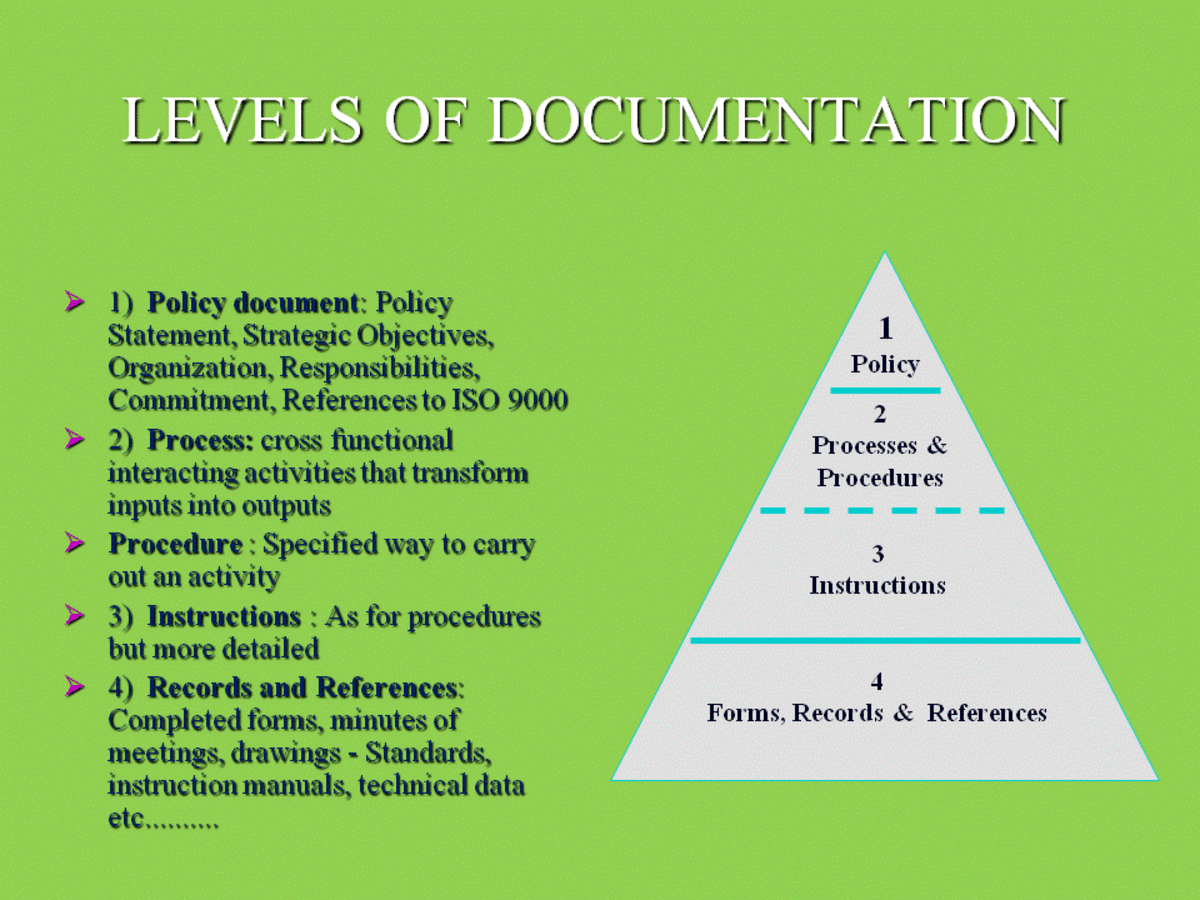What is Financial Management

Financial Management
Financial Management refers to organizing, planning, direction and also being in charge of your financial actions like the acquirement and using of funds of the enterprise. This means using the principles of general management to the enterprise’s financial resources.
Objectives of Financial Management
- Ensuring consistent and sufficient source of funds to the concern.
- Ensuring sufficient returns to all the shareholders depending on the earnings, market price of the shares and the shareholders prospects.
- Ensuring the utilization of maximum funds. After procuring these funds, they must be used in the best way possible at minimum cost.
- Ensuring secure investment, i.e. investing funds safely in ventures in order to get sufficient rate of returns.
- Planning a good capital structure, the composition of capital funds must be fair and sound in order to maintain a good balance between debts incurred and the equity funds.
Functions of Financial Management
Estimation of capital requirements: A financial manager has to estimate the capital funds required by the company. This will largely rely upon the predictable costs and earnings and the programs and policies of the future of a concern. The earning capacity of an enterprise increases depending upon the estimations which are made adequately.
Determination of capital composition: The capital structure has to be determined after making the estimates. This includes short and long term analysis of the debt equity. This again depends on the amount of equity funds that a company possesses and extra funds must be collected from outside parties.
Choice of sources of funds: To procure extra funds, a company has several options such as:
- Question of shares and debentures
- Loans obtained from financial institutions and banks
- Public deposits which must be taken such as bonds
- Choice of factors depends on the comparative merits and demerits of every source and also the financial period.
Investment of funds: The financial manager decides the allocation of funds into gainful ventures in order to make investments safe and ensure the possibility of regular returns.
Disposal of Surplus: the financial manager has to make the decision regarding the net profits. This can be achieved in two methods:
Dividend declaration: this involves the identification of the rate of dividends and some other bonus beneficiaries.
Retained profits: it is important to decide the quantity which depends again on the company’s developmental, improvement and growth plans.
Management of cash: Finance manager has to decide the plans regarding the management of cash. Money is needed for many reasons such as paying salaries and wages, paying water and electricity bills, creditor’s payment, encountering current liabilities, maintaining sufficient stock, buying raw materials and so on.
Financial controls: The financial manager must multitask like planning, procuring and using the funds and besides this he has to learn how to control his finances. This can be achieved by several methods such as forecasting the finances, ratio analysis and cost and profit control and so on.
Recommended Book on Financial Management


Financial Planning
Financial Planning is the method of assessing the funds needed and also influencing its competition. It is the method of making a framework for the financial policies regarding investing, procuring and administering of funds of a company.
Objectives of Financial Planning
- Determining capital requirements: This depends on cost factors of present and fixed assets, promotional expenditure and long-term plans. Capital funds have to be seen regarding two major aspects such as short and long-term necessities.
- Determining capital structure: The composition of capital is known as the capital structure, i.e. the relative type and amount of capital needed in the business. This involves deciding the short and long-term debt-equity ratio.
- Making the framework of financial policies regarding the control of cash, loaning, borrowing and so on.
- Assurance by the financial manager that the limited financial resources are used to its maximum in the best way possible at the minimum cost to obtain the utmost returns on investments.
Importance of Financial Planning
- Ensuring of sufficient funds.
- Financial planning aids in guaranteeing a rational balance between the inflow and outflow of money in order to maintain the stability of funds.
- Financial planning guarantees that the fund suppliers are certainly investing only in those companies that implement financial planning.
- Financial Planning aids in increasing and expanding programs which in turn aids in the long-term company’s survival.
- Financial Planning lessens the doubts and questions regarding the frequent changes which take place in the market and this can be confronted easily through sufficient funds.
- Financial Planning aids in lessening the doubts that can hinder a company’s growth and this aids in providing surety about the concern’s solidity and prosperity.









